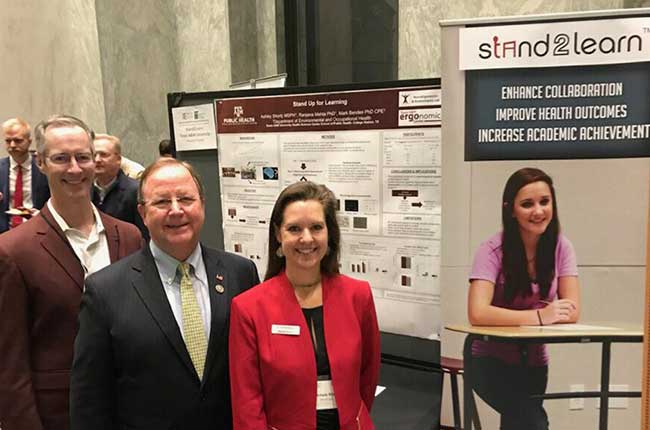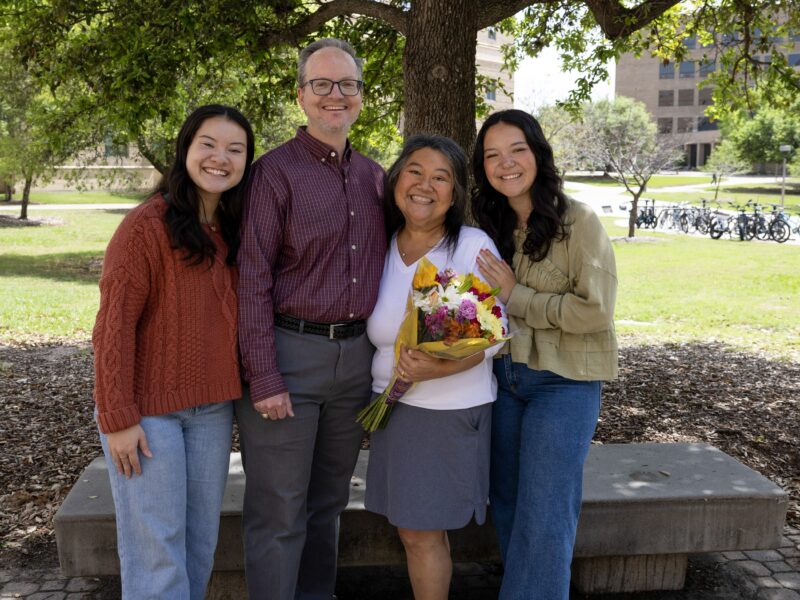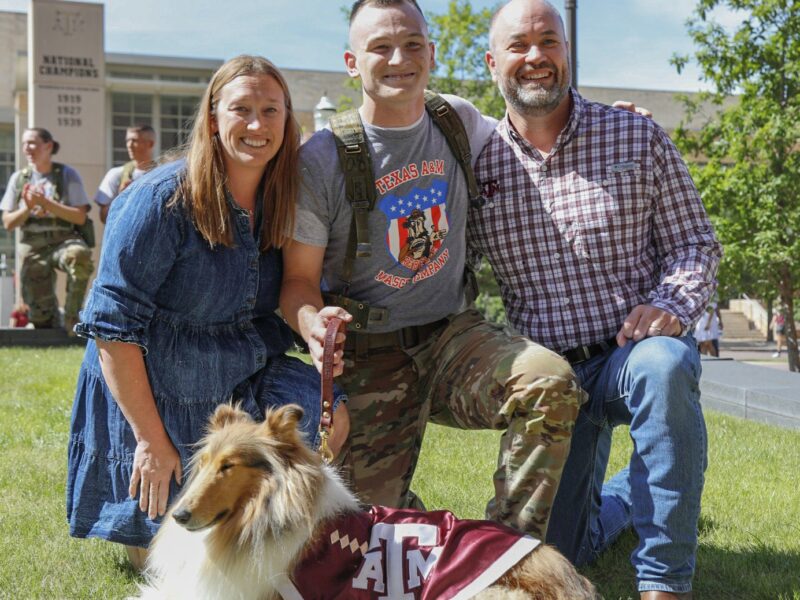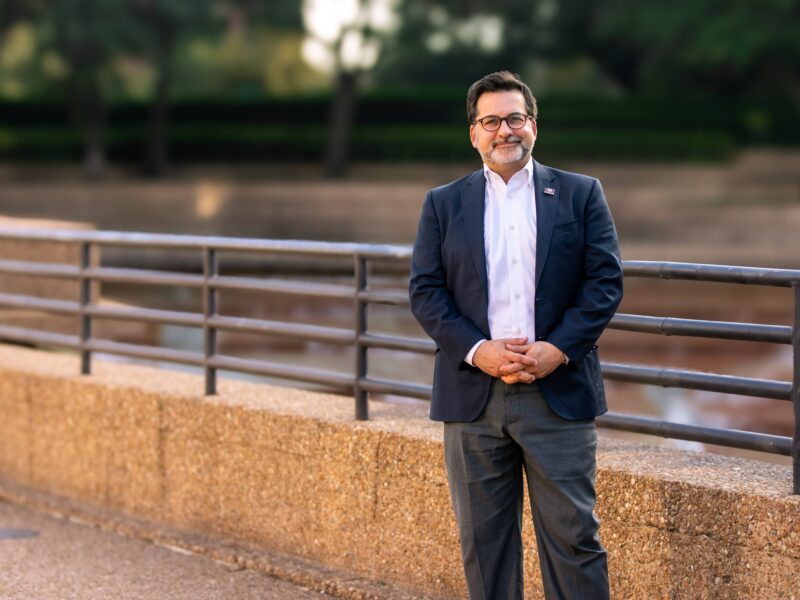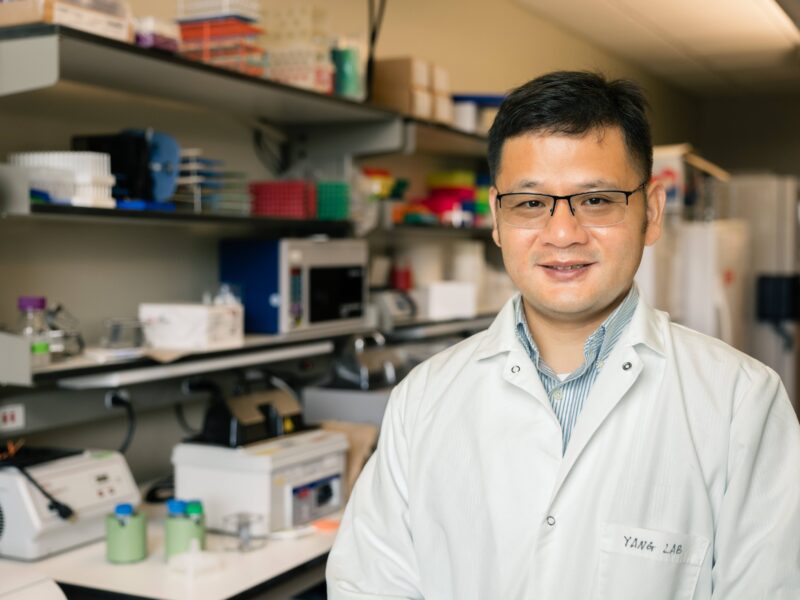Stand2Learn, a startup company based on the work of Mark Benden, associate professor of environmental health and occupational safety at the Texas A&M School of Public Health and CEO of Stand2Learn, represented Texas A&M University at the inaugural University Innovation and Entrepreneurship (I&E) Showcase in Washington, D.C. in mid-November.
Stand2Learn, which provides health-based designed standing desk and ergonomic solutions for schools and other education venues, was one of 22 companies participating in the showcase, which was hosted by the Association of American Universities (AAU) and the Association of Public and Land-grant Universities (APLU).
“I feel we were chosen because we used our funded research to develop a stand-biased desk that creates benefits for all children, not just a select, narrow market,” Benden said. “Honestly it is a simple concept that has created a new market in the industry. It’s very exciting!”
Benden first studied the benefits of using stand-biased desks in the workplace before becoming interested in their effects on students. Subsequent research he and his colleagues performed found that not only do stand-biased desks lead to improved BMI in children, they also improve the students’ cognitive functioning. Stand-biased desks, often simply called standing desks, allow the user to sit or stand at intervals throughout the day, often including a tall stool or the ability to raise or lower the desk surface.
https://today.tamu.edu/2016/08/23/standing-desks-lead-to-improved-bmi-in-children/
While they were in the capital, Stand2Learn participated in the National Convocation on Revitalizing the University-Industry-Government Partnership hosted by the National Academies of Sciences, Engineering, and Medicine. They shared their story of being a faculty-led startup, emphasizing the importance of grant opportunities that support research and ultimately commercialization.
Their ultimate goal of publicizing stand-biased desks is to build recognition about the childhood obesity epidemic, create a new mindset that change is needed to our sedentary culture and lead a paradigm shift to a new way of thinking about “activity permissive learning environments,” or APLE, Benden said. When children are in APLEs, they are free to wiggle, fidget, stand or sit as they prefer.
“Stand2Learn is excited about this opportunity not only to illustrate how funding can create new jobs and a new market but also create a product that will help all American children become healthier and improve academic performance,” said Michele Klumb, Texas A&M Class of 1992 and COO of Stand2Learn, who participated with Benden.
“It’s thrilling to see people interested in my research and the product that came out of it,” Benden added. “It’s a wonderful example of what we’re doing here at Texas A&M, bringing empirically tested ideas to the marketplace.”
###
This story by Christina Sumners originally appeared on the Texas A&M University Health Science Center website.
